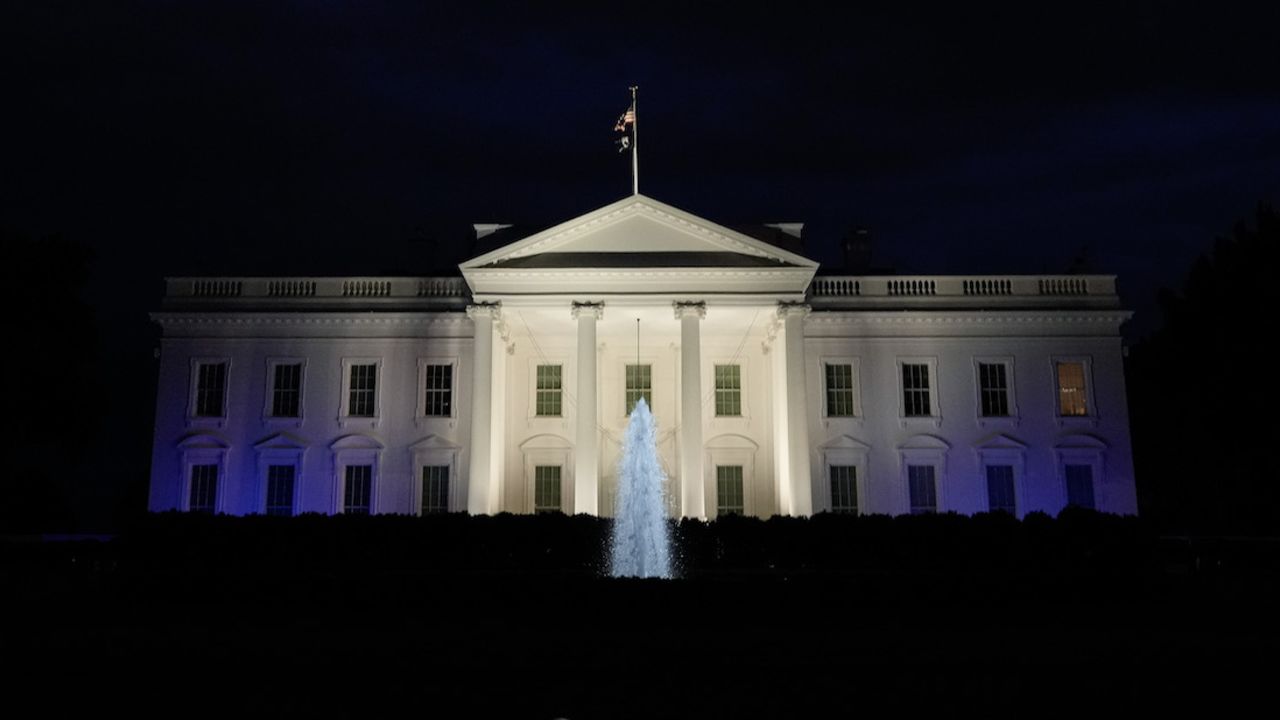
Cataclysmic events like the Hamas onslaught on Israel trigger profound political shocks and strategic transformations that no one could predict at the time.
The rocket attacks, hostage takings and mass killings inside Israel came as the global order was already at a pivot point, with the post-Cold War era swept away by Russia’s invasion of Ukraine and China’s superpower ascent.
The raw shock over what just happened – the scenes of gunned down civilians at an Israeli music festival, the wrenching accounts of families torn apart and the fierce first burst of Israeli reprisal attacks on Gaza – are transfixing the world.
The Hamas assault has been compared to the September 11 attacks in the United States in 2001 – as a comparatively low-tech assault on civilians that breached the homeland of a more powerful and sophisticated adversary, partly by defying the imagination of threat assessors in a complacent national security and political establishment.
The lesson of that historic trauma was that the political and military steps taken by American and other leaders when normal politics roared back to life did not just change the world through military action. They unleashed extraordinary political forces inside nations like the United States and Britain, creating conditions that are still influencing society and elections.
This may be where Israel finds itself now. The Jewish state is no stranger to rocket attacks from Gaza or Lebanon or bus and suicide bombings. But the Hamas invaders just shattered Israelis’ illusions of their own security more deeply than at any time since the Yom Kippur war in 1973 when Egyptian and Syrian forces attacked. This sense of emotional violation will condition Israel’s response in the days ahead and will influence how the rest of the world reacts to its fight-back.
Compounding Israel’s national wound is the extreme political challenge now facing Prime Minister Benjamin Netanyahu, who set himself up as the ultimate guarantor of Israeli security but whose long watch will now be mostly remembered for one of the most devastating defeats and intelligence failures in his nation’s history. For now, the schisms in Israeli society, which have been caused by Netanyahu’s far-right coalition and his attempts to reform the judicial system in a way that critics said threatened democracy, have closed in the wider cause of national unity. But the veteran Israeli leader has an incentive to launch a devastating response to the attack to cover his political vulnerabilities as well to avenge Israel’s agony. The excruciating reality that Hamas is holding Israeli hostages that it can use as leverage against Netanyahu makes the situation even more intense. The long-term political consequences are impossible to predict.
“What we will do to our enemies in the coming days will resonate with them for generations,” Netanyahu said in a national address on Monday.
The Israeli leader’s comments raised the immediate question of whether a relentless Israeli counter-assault could all but eliminate Hamas in Gaza in the days ahead. But another lesson from 9/11 is that wars launched in the dark weeks after an attack don’t always turn out as hoped and risk rebounding against leaders who launch them. Israel has already experienced the price of an incursion into densely populated Gaza, an urban warren of sprawling refugee camps, for instance. And after 9/11, the Bush administration’s war on terror caused after-effects for years – including war fatigue and cynicism about government that helped nurture the presidencies of both Barack Obama and Donald Trump.
Those sentiments linger. In launching his independent bid for the presidency on Monday, which could have unpredictable consequences in critical swing states, Robert F. Kennedy Jr. repeatedly slammed the military industrial complex and the “long pipeline of continuous wars” more than 20 years after 9/11.
The world will have to react to Israeli’s reaction
Israel’s next moves will be critical. So far, the overwhelming emotions have been empathy and horror. But if Israel’s counter-attack against Hamas leads to even greater civilian casualties in Gaza or if the enclave is cut off from water and electricity for days in an Israeli siege, the politics even inside allied nations – where white and blue lights daub public monuments – may begin to change.
Joe Biden, one of the most unequivocally pro-Israel Democratic presidents in living memory, is expected to address the attacks in televised remarks on Tuesday. So far, he has buried his animosity with Netanyahu, who still hasn’t visited the White House during Biden’s tenure. The Israeli leader said on Monday he’s been in “continuous contact” with Biden since the attacks. The US is surging air defense materiel and munitions to Israel and has offered intelligence support for hostage rescue operations. As a show of support and deterrence to Israel’s enemies, Washington is moving an aircraft carrier group to the eastern Mediterranean.
But at some point in the weeks ahead, the interests of the United States and Israel may diverge. If evidence emerges, for instance, that Iran played a direct role in planning the assaults by its proxy Hamas, the pressure on Netanyahu for a direct strike against the Islamic Republic will become intense. Washington will be concerned about the scale of any such action since the last thing that Biden needs as he embarks on his reelection race is for the US to get dragged into another Middle East war.










